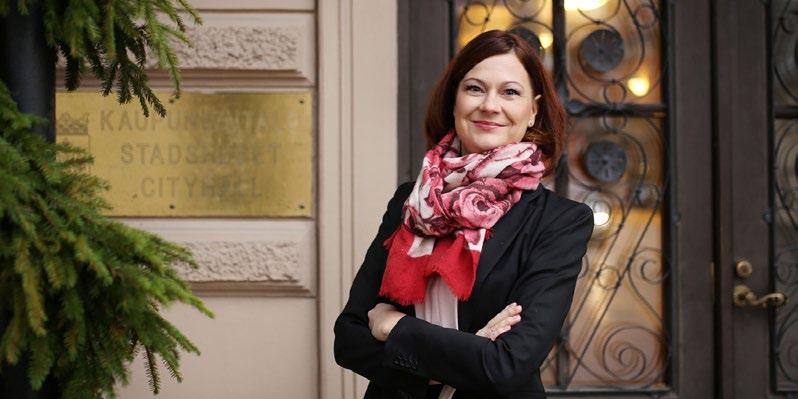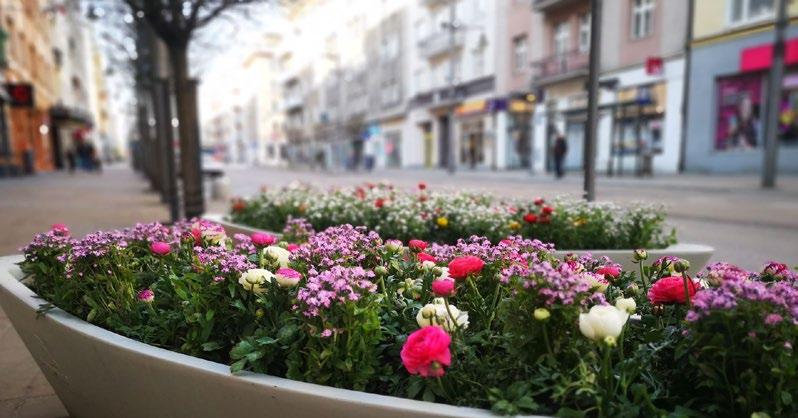
2 minute read
Resilience is Key but Hard to Achieve
BUT HARD TO ACHIEVE
by Wolfgang Schmidt, City of Kiel, Head of International Affairs | wolfgang.schmidt@kiel.de Kianusch Stender, City of Kiel, International Affairs Manager | kianusch.stender@kiel.de
Advertisement
Kiel is facing huge challenges due to the pandemic. In order to protect human lives, restrictions on fundamental rights were necessary. This was not only viewed with benevolence by the population. And we understand that well, because restrictions such as a lockdown threaten hard-earned livelihoods, restrict social life, limit culture and foster insecurity.
We as a municipality are addressing these concerns by implementing many initiatives to solve economic problems, make social life possible and emerge stronger from the crisis. The initiative “Kiel hilft Kiel” (Kiel helps Kiel) is a municipal program that provides pragmatic solutions to the consequences of Covid-19. We have funded the program with a sum of one million euro, enabling things such as openair stages for Covid-compliant concerts by local artists, an online sales platform for local shops and a competition for ideas in which the citizens of Kiel can come up with their own projects to fight the consequences of the pandemic.
The pandemic has once again made it clear for us in Kiel: it is better to act than to react. Through far-sighted policy measures, we must become as resilient as possible when it comes to future crises. And this is not just about the pandemic, but above all about the global challenges of the future: the climate crisis and economic changes.
Resilience is the key, but resilience as such is hard to achieve
In Kiel, we try our best to become more resilient. We carry the idea of sustainability into almost all our decisions in the city administration. Kiel wants to become climate neutral by 2050. The milestones achieved so far fit in with this. To just give some examples, around 1/4 of Kiel’s inhabitants use a bicycle instead of a car. We have received several awards for our safe crossings and good cycle routes.

Photo: City of Kiel Facebook pages
a zero-waste project team and much more. This year, we were awarded the German Sustainability Award for our efforts.
To strengthen the economy, we have implemented the concept of the business-friendly administration. This means that we always ask ourselves where we can support our economy (e.g. finding building sites, overcoming bureaucratic hurdles or through networking). Apart from that, we have an active start-up scene that is promoted by the city through various offers.
We still have a long way to go, but we already achieved some goals on the way to a resilient city. We are happy to share a more detailed version of our action plans in the upcoming events of the UBC Smart and Prospering Cities Commission as well as on a panel at the General Conference.










